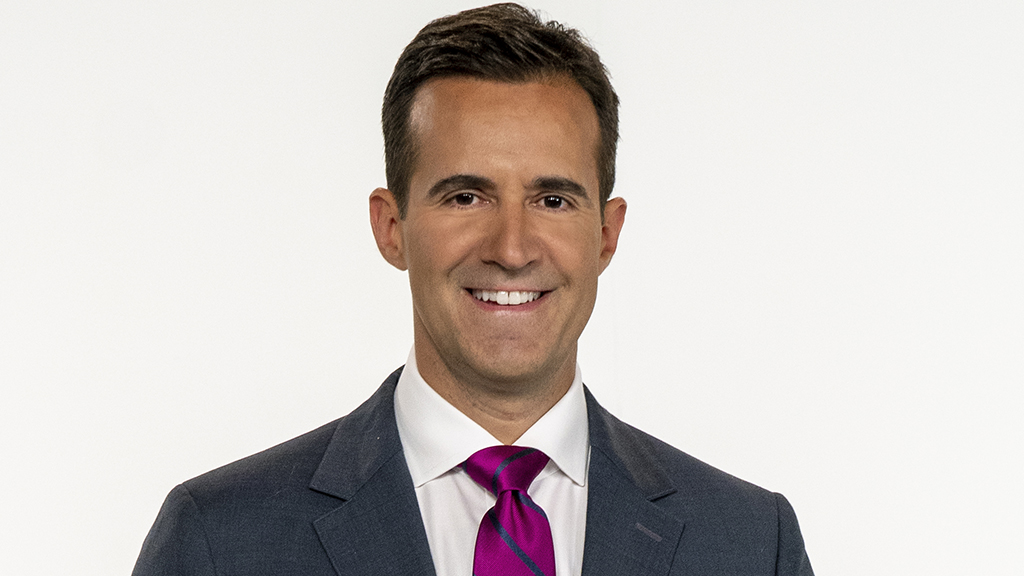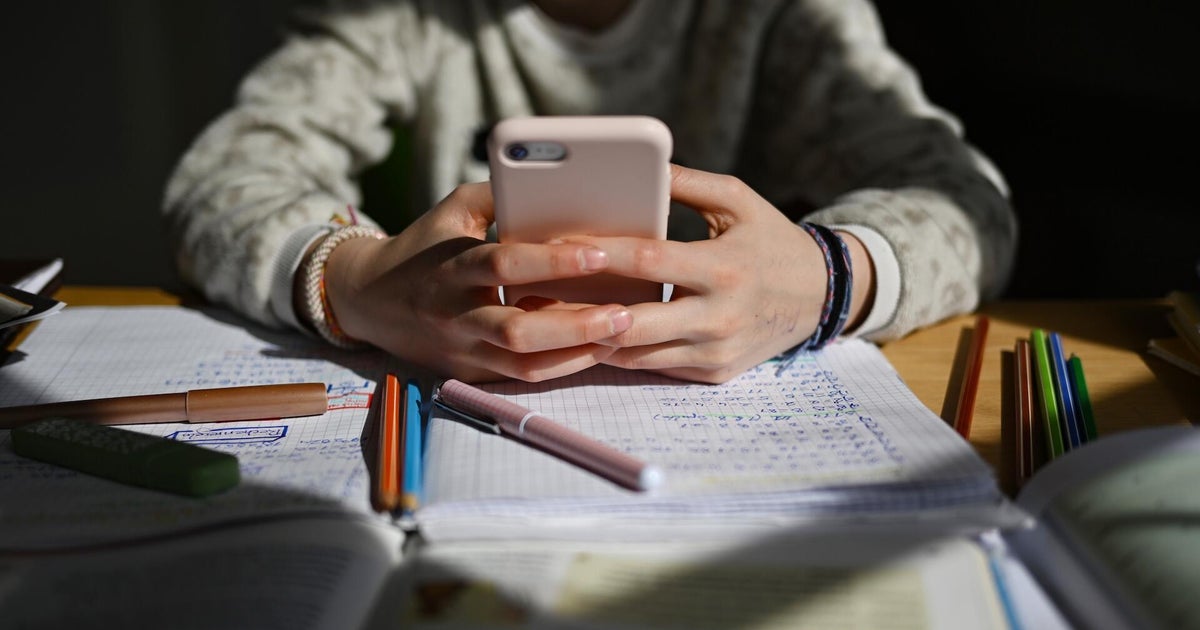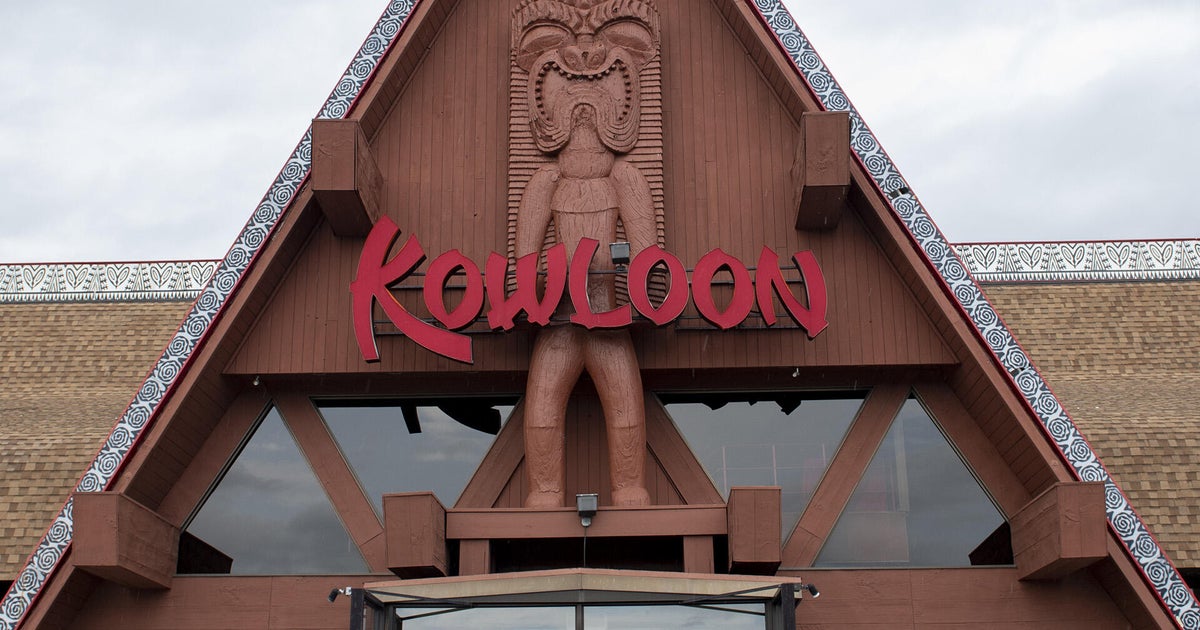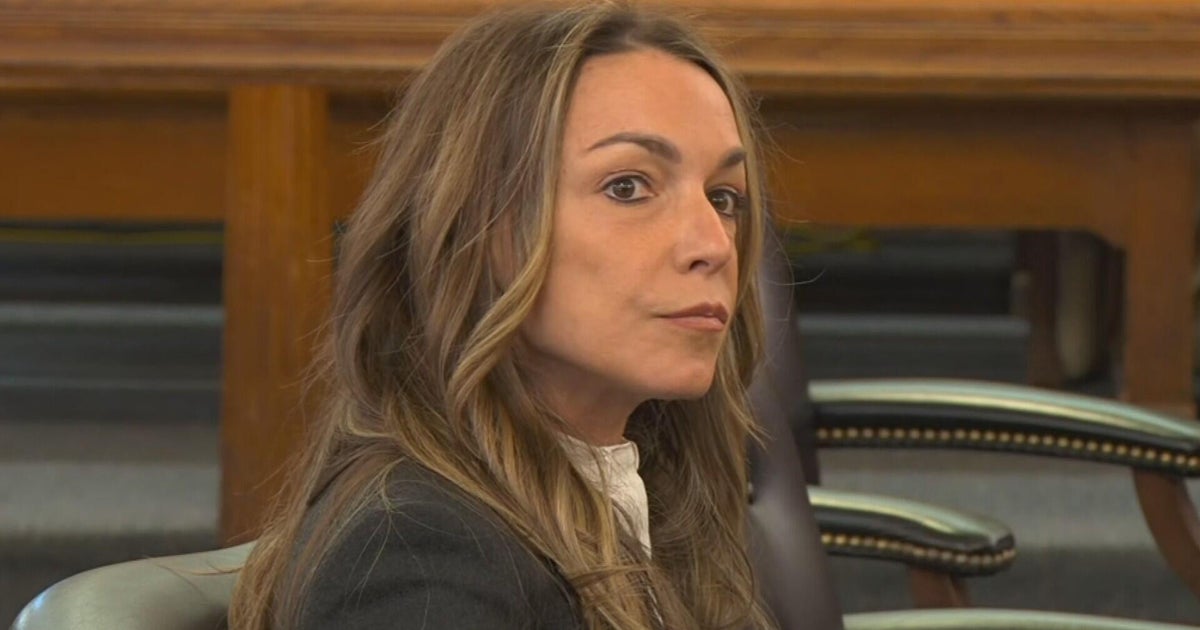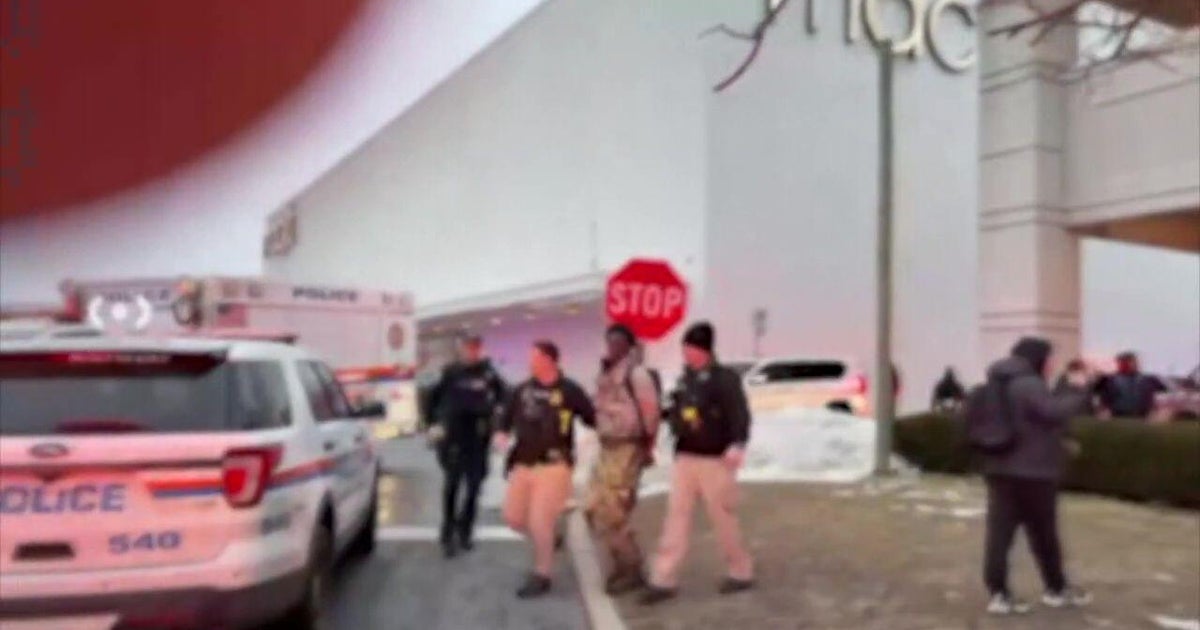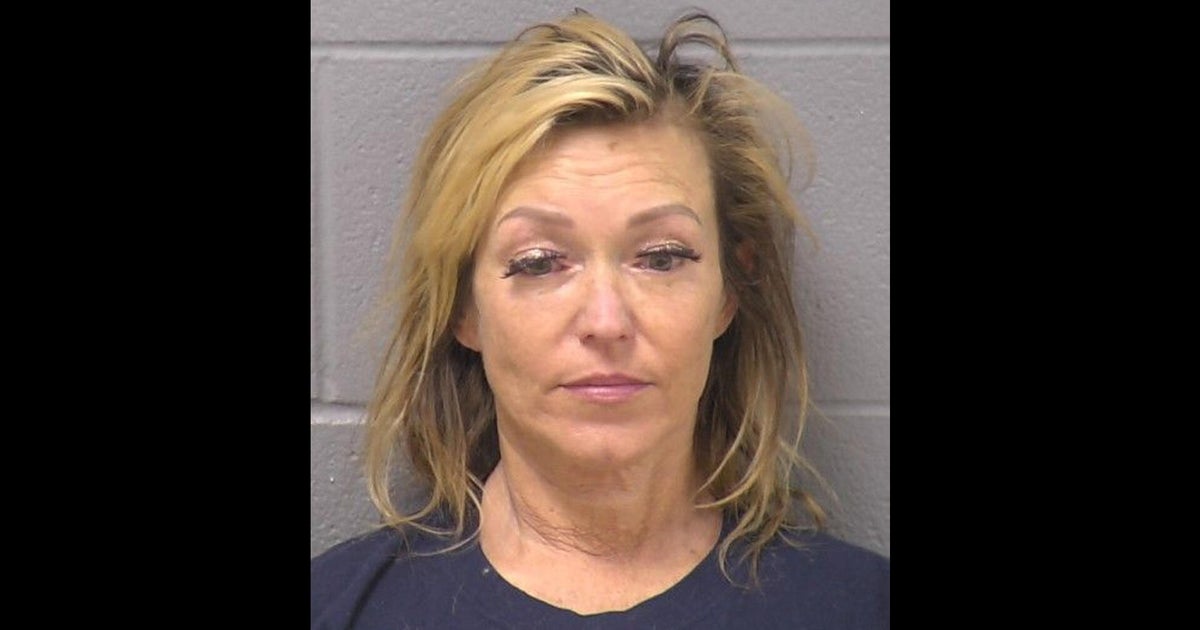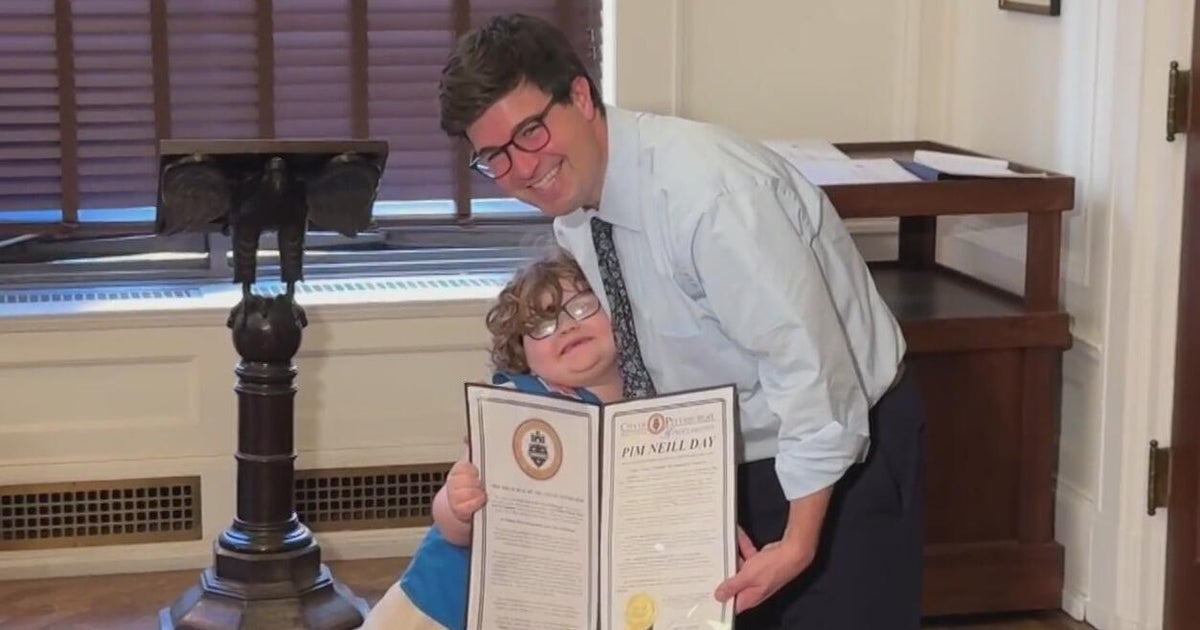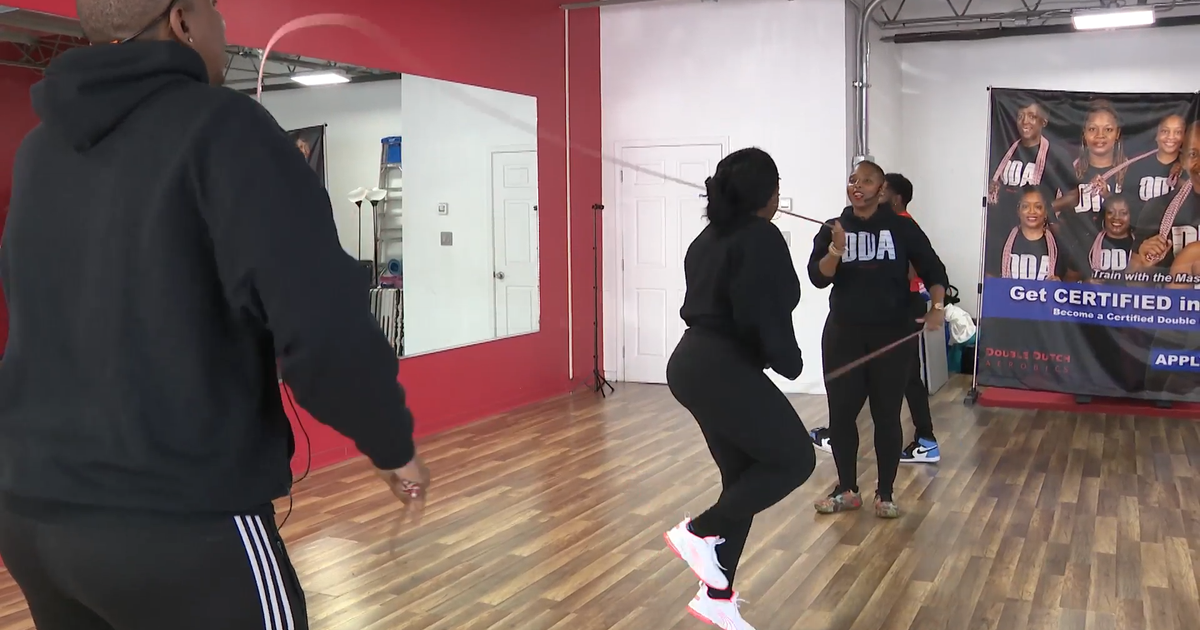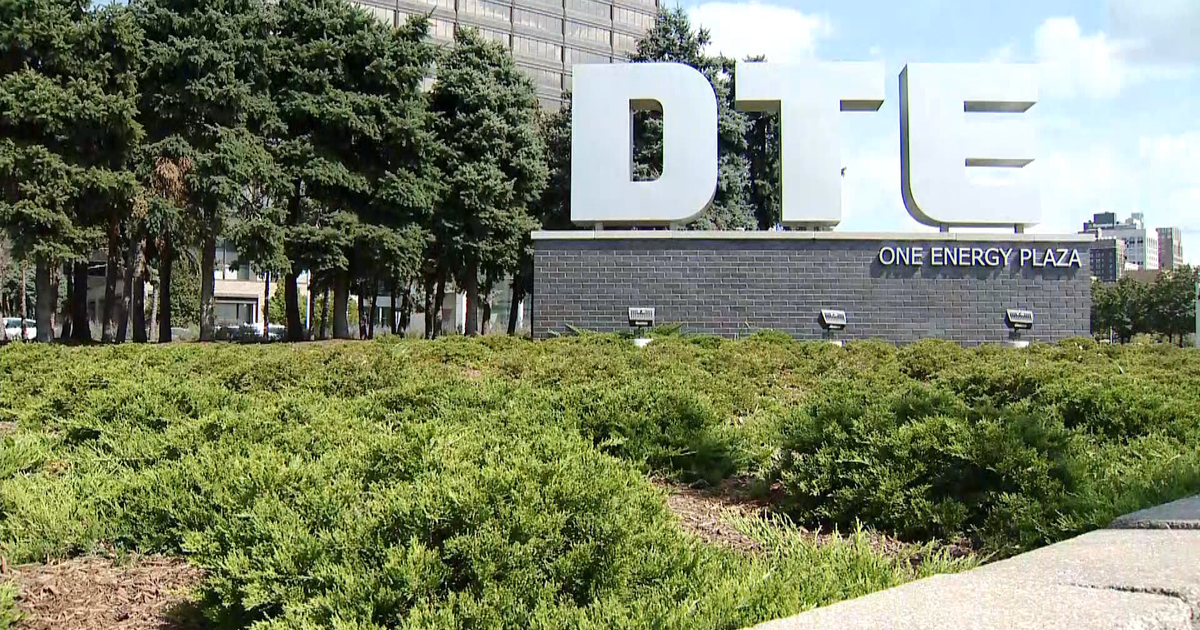Is cell phone service getting worse?
BOSTON - Can you hear me now? Maybe not. We got a couple emails from viewers who said they were having all kinds of problems with their cell service. It piqued my interest because I was having more issues than ever before.
When I asked people online if their service was getting worse, I was flooded with complaints from all over Massachusetts. More dropped calls. A worse signal. Texts that won't go through.
So, is cell service actually getting worse? If so, why?
Several of the complaints came from Andover, so I headed that way and met Cheryl Prescott. Cheryl told me she was seeing dropped calls every day.
"I drop a lot of phone calls on my way home in Haverhill and for no reason," Prescott said. "It seems like I have a signal and just the phone dies."
Demetrius Spaneas, the owner of an Andover real estate company, said he's dropped a bunch of business calls. "I'm seeing it quite a lot and not just around this area but in general I am seeing it quite a bit," Spaneas said. "Again I'm seeing dropped calls. I'm seeing things. Picking up there is no sound there. I'm seeing a lot of issues. Progressively more and more."
Technology expert Peter Tran says if you think your service has gotten worse, you're probably right. "It is absolutely possible for a number of reasons," he said.
Tran says heavy rain can interfere with radio waves used by cell phones. Smoke from wildfires can also absorb or reflect signals. But more consistent than smoke and rain is ever increasing cell traffic. "Because there is only a limited number of cell towers for a ever-growing number of mobile devices," he said.
There's about 350,000 cell sites in the U.S. which doesn't match the demand.
How's that possible? Imagine the frequency band of a cell tower as a highway headed to the Cape. Now imagine your cell phone's radio signal as a car stuck trying to get over the Sagamore Bridge.
Tran says, "just like you have car traffic congestion that is going into one lane, it is similar to that where you have over 300 million cell phones in this country coming into just a limited amount of access to the towers."
What's the fix?
Major carriers are spending billions to build more towers. They're also buying up larger so-called spectrums of frequencies at FCC auctions. In the simplest terms, it allows the carriers to get more cell phone signals to the cell sites.
Verizon spokesperson Andrew Testa says Verizon just finished huge upgrades that will make a huge difference.
Testa also used the highway analogy. "Now we are able to take that two-lane highway and make it a 20 lane," Testa said. "Customers are going to see massive amounts of faster data speeds to their mobile phones."
There are also couple things you can do to get the best service. Always have the latest software update on your phone. Also, check your cell plan. Some plans, even unlimited plans, have a soft data cap. You can be speeding along with great data speed and then when you hit the cap suddenly your service can slow way down.
Basically, you have agreed to allow people with better plans to hop the invisible line to the cell tower. You get slower data speeds with no idea you agreed to it.
Peter Tran says you need to know exactly what you are paying for.
"If you use up your allotment, and that's in the fine print of your plan, it throttles or takes back some of that access," Tran said. "And then you don't have that great of a cell signal or that great of a transmission."
If you have a question you'd like us to look into, please email questioneverything@cbsboston.com.
